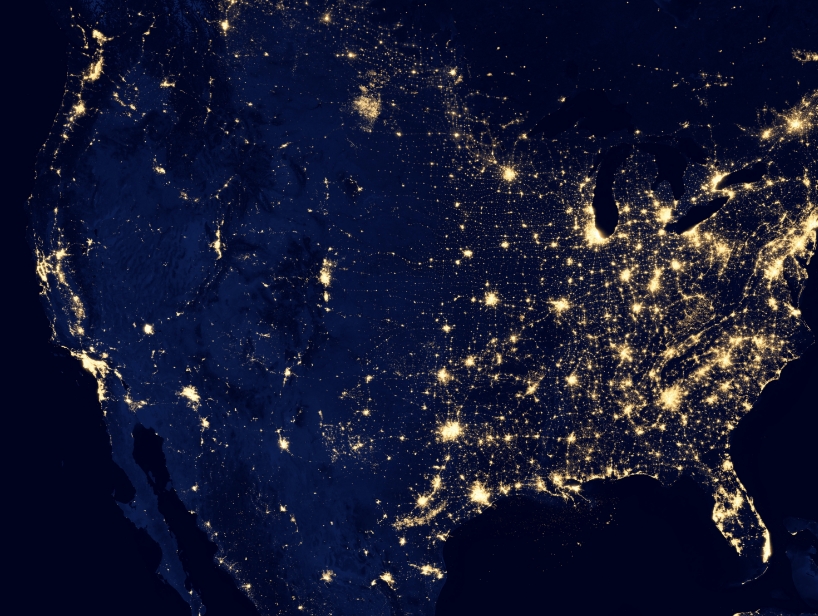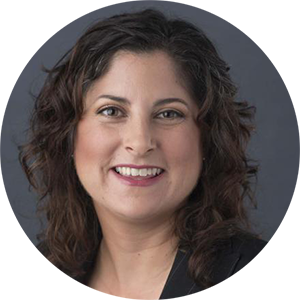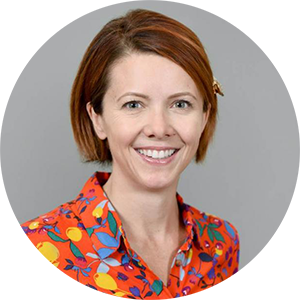
How can Arizona organizations support the development of resilience hubs?
Tina Skjerping Drews, Salt River Project
Lauren Withycombe Keeler, ASU School for the Future of Innovation in Society
“It’s easy to think of a resilience hub as a building; more importantly it’s a way to foster community and connect residents to the resources, programs and infrastructure they feel they need both during normal times and disasters.”
- Braden Kay, Sustainability Director, City of Tempe
Background
Central Arizona faces a number of challenges to its long-term habitability. For example, because of climate change, residents in central Arizona are facing longer, hotter summers which extend 100-degree days into the spring and fall. In the Phoenix metropolitan area, this heat is exacerbated by the urban heat island, where materials used in buildings, roads, and parking lots trap heat, making microclimates hotter and keeping nighttime temperatures elevated as those surfaces release heat slowly through the night. As a result, many residents, particularly unsheltered people, those whose homes are poorly insulated or without air conditioning, and those who work outside or in uncooled vehicles, may suffer from heat stress more frequently and severely. This is but one example of central Arizona’s challenges. Others include long-term water scarcity, housing affordability, racial injustice, and high carbon emissions. The viability of central Arizona communities over the next half century will be determined by how these challenges are addressed.
Resilience hubs are increasingly proposed and developed by cities, churches, and community organizations to help build cultures of resilience in communities and provide places of learning and community development day-to-day and places of first-refuge in the event of power outages, heat waves, or other disasters. The Sustainable Cities Network, a network of city sustainability directors and managers in Arizona convened by the Global Institute of Sustainability and Innovation at ASU, currently has a working group on resilience hubs. The City of Tempe proposed building a resilience hub in their 2019 Climate Action Plan and is currently working to develop one at a city facility and support their development by community organizations. And the Urban Sustainability Directors Network (USDN), the nationwide network of city sustainability practitioners, has created resilience-hub.org to support organizations of all kinds to co-create resilience hubs with communities. As cities and other organizations contemplate how Arizona will address extreme heat and other sustainability challenges, resilience hubs present a promising model for building the social and physical infrastructure of resilient communities.
Research questions
-
How can ASU and SRP support Phoenix-area communities in building resilience?
-
What resources do communities need to develop resilience hubs?
Methods and findings
In order to understand how SRP and ASU could support communities in building resilience hubs, Drews and Keeler undertook a literature review and expert interviews. The literature review included peer-reviewed literature on resilience hubs and an inventory of online resources for resilience hub development.
They found that according to the USDN, the minimum requirements for a resilience hub are:
- Strong community support and leadership
- A site that is well-trusted
- Resilient communications systems
- Base programming and services identified by the community
Optimal resilience hubs include all base requirements, are co-developed with the community and include at least some of the following:
- Water capture and onsite filtration
- Air filtration
- Solar with battery backup
- Community gardens
Ideal resilience hubs go beyond optimal criteria and include:
- Greywater reuse onsite
- Biophilic design standards
- Net zero energy
- Community solar benefits for the surrounding community
Partners
-
Melissa Guardaro, ASU Knowledge Exchange for Resilience
-
Braden Kay, City of Tempe
-
Paul Martin, member, ASU-Mesa Development Committee
Impact
ASU and SRP are two large organizations with significant impact on local communities. They have established a strategic partnership to focus on how the two organizations can work together to contribute to the communities of the future in Arizona. Supporting the development of resilience hubs in Arizona communities is one way that these two organizations can support community resilience.
Prior to this project, the strategic partnership steering committee had not considered how each organization would support resilience hub development. SRP has been engaging with Tempe on how to support the development of their ENVISION Center. However, they do not have an internal policy of how to support resilience hubs. As a result of this project, SRP is considering at the highest levels how it can support communities in developing resilience hubs.
The Knowledge Exchange for Resilience at ASU has programming specifically focusing on resilience hub development. However, there is a need for ASU as a land-holding entity with direct impacts on the communities that surround it to consider how its presence impacts community resilience. As a result of this project, the committee overseeing the development of the new ASU campus in Mesa is considering community resilience and the potential role of a resilience hub or resilience innovation space on campus. These talks are at the early stages but they are a direct result of this project.
Deliverables
Drews and Keeler hosted a virtual community conversation about resilient community infrastructure and how organizations can support communities in developing Resilience Hubs. This conversation provided a deep dive into resilience hubs to introduce what they are; how they are being developed and by whom; and how utilities, governments and non-profits can support communities in developing their own resilience hubs. The pair also developed a comprehensive website to act as a resource for Arizona communities interested in developing resilience hubs. The site includes background on resilience hubs, information on how to start a resilience hub, links to existing resilience hubs in Arizona and nationwide and information on resilience hub partners.
Watch the recording of their webinar below.
Tina Drews
Director of Talent Development
Salt River Project
Community Fellow, 2021
Tina Drews is a Director of Talent Development at Salt River Project. She is grounded in the knowledge that we are learning and growing with every experience, and focuses on corporate learning and development, training, and apprenticeships. She has experience leading in Talent Management, Learning Solutions, Strategic Workforce Planning, Diversity & Inclusion, Employee Engagement, Performance Management, and Apprenticeships. Creating the best employee experience through innovation, engagement, and development.
Lauren Withycombe Keeler
Assistant Professor
ASU School for the Future of Innovation in Society
Academic Fellow, 2021
Lauren Withycombe Keeler is an assistant professor in the School for the Future of Innovation in Society at Arizona State University. She has a doctorate and master's in sustainability science. Her master's research focused on defining the knowledge and skills necessary for undergraduate and graduate sustainability education. She has consulted with universities in the U.S., Europe and Mexico, helping them develop sustainability degree programs. Her doctoral studies focused on the use of foresight methods to explore complex governance challenges in sustainability, including climate governance, water governance, the governance of emerging technologies, and urban planning for sustainability.
In her research, Keeler studies how different people with different professional responsibilities understand and make sense of the future and how futures are created through professional practice. She creates and utilizes foresight methods to anticipate the future impacts of emerging technologies, policies and other interventions on organizations, communities and cities. Her work focuses on building capacity among individuals and groups to think about the future in ways that yield more inclusive and sustainable futures and develop strategies to make those futures a reality. As a part of this work, she creates games that help players create and contend with alternative futures and address urgent sustainability problems. She has worked in the U.S. and Germany on issues of sustainability and responsible innovation and the role of universities and international university partnerships in facilitating local sustainability transitions.

